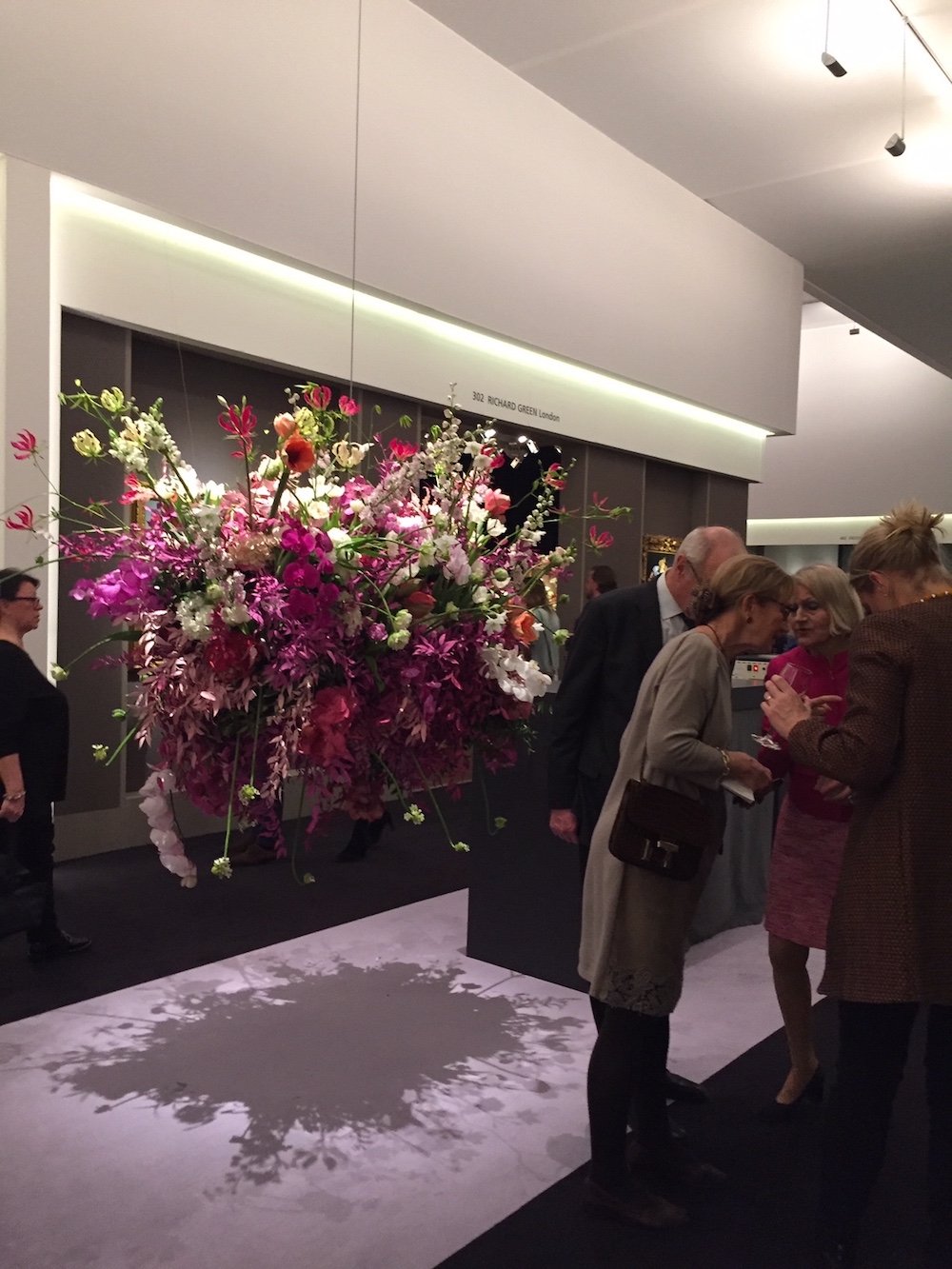
In an abrupt about-face due to fast rising concerns about the spread of the coronavirus, organizers of the annual TEFAF show in Maastricht, the Netherlands, announced today that this year’s edition will close for good at 7 p.m. today, four days earlier than planned.
The decision came after the Art Newspaper reported earlier today that an unidentified exhibitor from Italy, who returned to his country on Monday, March 8, had been diagnosed with COVID-19. Initially, the fair said it had decided, in conversation with local authorities, that the event could continue as planned, but as concern mounted, it changed course.
The decision to close early is a major blow for the world’s leading Old Master fair, for which exhibitors—which numbered 285 this year—famously hold back prized masterworks in order to debut them at the event. It’s also a blow to the region’s economy, which employs hordes of locals to support the fair ranging from caterers and servers, to fair greeters and guides, to cleaners and drivers.
In a statement, a spokesperson for TEFAF said it made the decision to “shorten the fair to close by the end of the day” in close consultation “with the city of Maastricht, the health authorities, and MECC,” the recently renovated Maastricht Exhibition and Convention Centre where the fair is held each year.
Compared with other art fairs, which typically run a maximum of five days, TEFAF has a longer run of over a week, which is matches the slower pace of buying for Old Master collectors and museums. Although TEFAF told exhibitors that the affected dealer did not show symptoms at the fair and was tested at home on Monday, March 9, it is unclear whether visitors could have been exposed to the virus.
“Given the recent developments in the regions around Maastricht and increasing concerns, we no longer feel it is appropriate to continue as planned,” TEFAF chairman Nanne Dekking said in the statement. “We want to thank our exhibitors, visitors and staff for their trust and support in this unprecedented situation.”
Maastricht mayor Annemarie Penn-te Strake said: “I support and respect this decision. We understand the unrest is growing due to circumstances in the countries of origin and the regions surrounding us. It’s only right that there is attention to this concern.”
So far, the immediate reaction from exhibitors has been positive, despite the fear that it could impact their bottom lines. “We support the decision!” said a representative for Hong Kong jeweler Wallace Chan, which had overcome its own set of challenges to travel from Asia to Europe for the fair.
“I dont think anyone is surprised at the early closure given the news,” London dealer Hugh Gibson, of Thomas Gibson Fine Art, told Artnet News via email. “Some dealers are relieved, some disappointed. Personally i think it was the right thing to do. Vsitor numbers were down, however business was being done.”
TEFAF had already reported lower attendance than usual for the opening preview last Thursday: 4,000 people, down 29 percent from last year. The event is often the biggest sales opportunity of the year for Old Master dealers. Among the top sales were Van Gogh’s Peasant Woman in Front of a Farmhouse (1885), which London-based Dickinson to a private collector for around €15 million ($17 million). It had originally been spotted in a junk shop in London in 1968 and snapped up for less than $60.
TEFAF said it will issue another statement regarding the logistics of the fair’s closure soon.